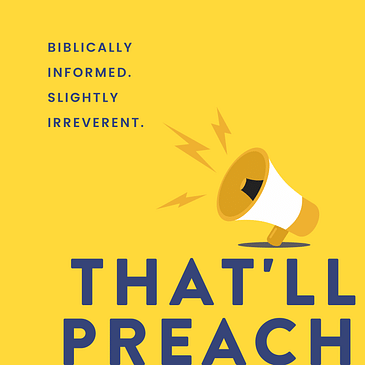Churches rightly warn against gossip, but also the need to hold people accountable for their sins. Matthew Lee Anderson of Mere Fidelity argues for that certain specific circumstances may permit the use of gossip to protect a vulnerable third party. He draws from the moral and theological tradition of the church to identify specific criteria for the usage of gossip as well as a warning about the dangers of gossip. We also talk about the need for churches to clamp down on gossip and the courage required to challenge a brother face to face.
Show Notes
Check out Matt’s podcast: https://merefidelity.com/
Support us on Patreon
Website: thatllpreach.io


